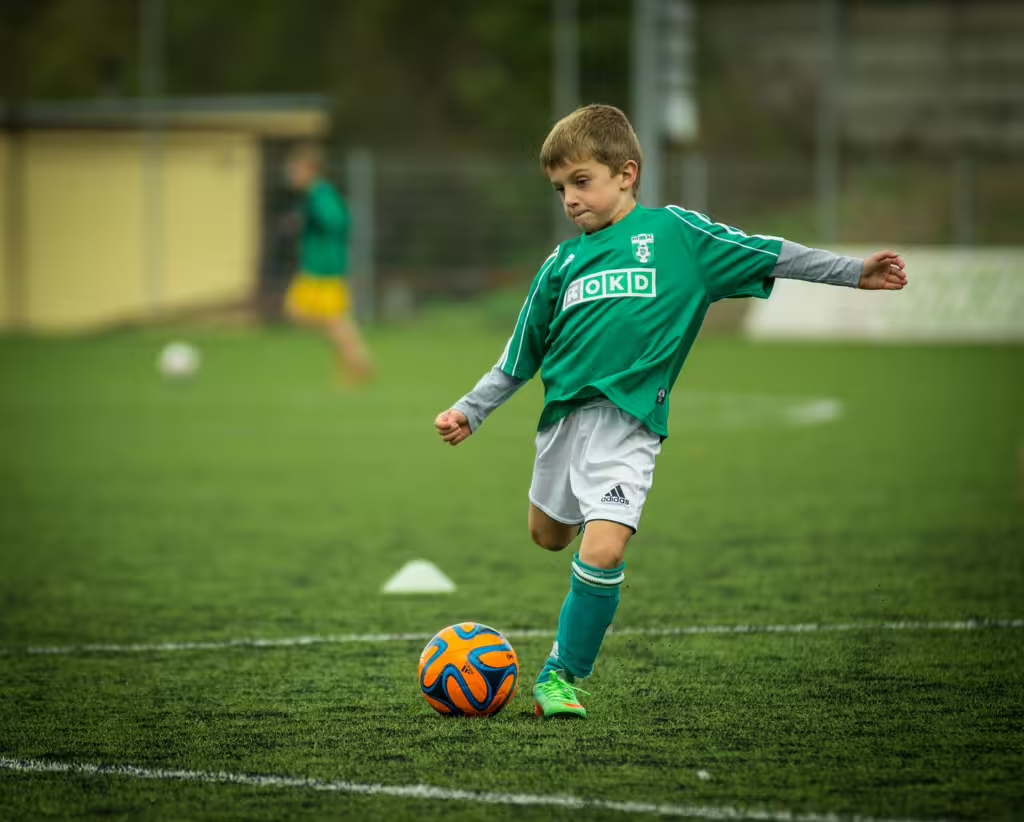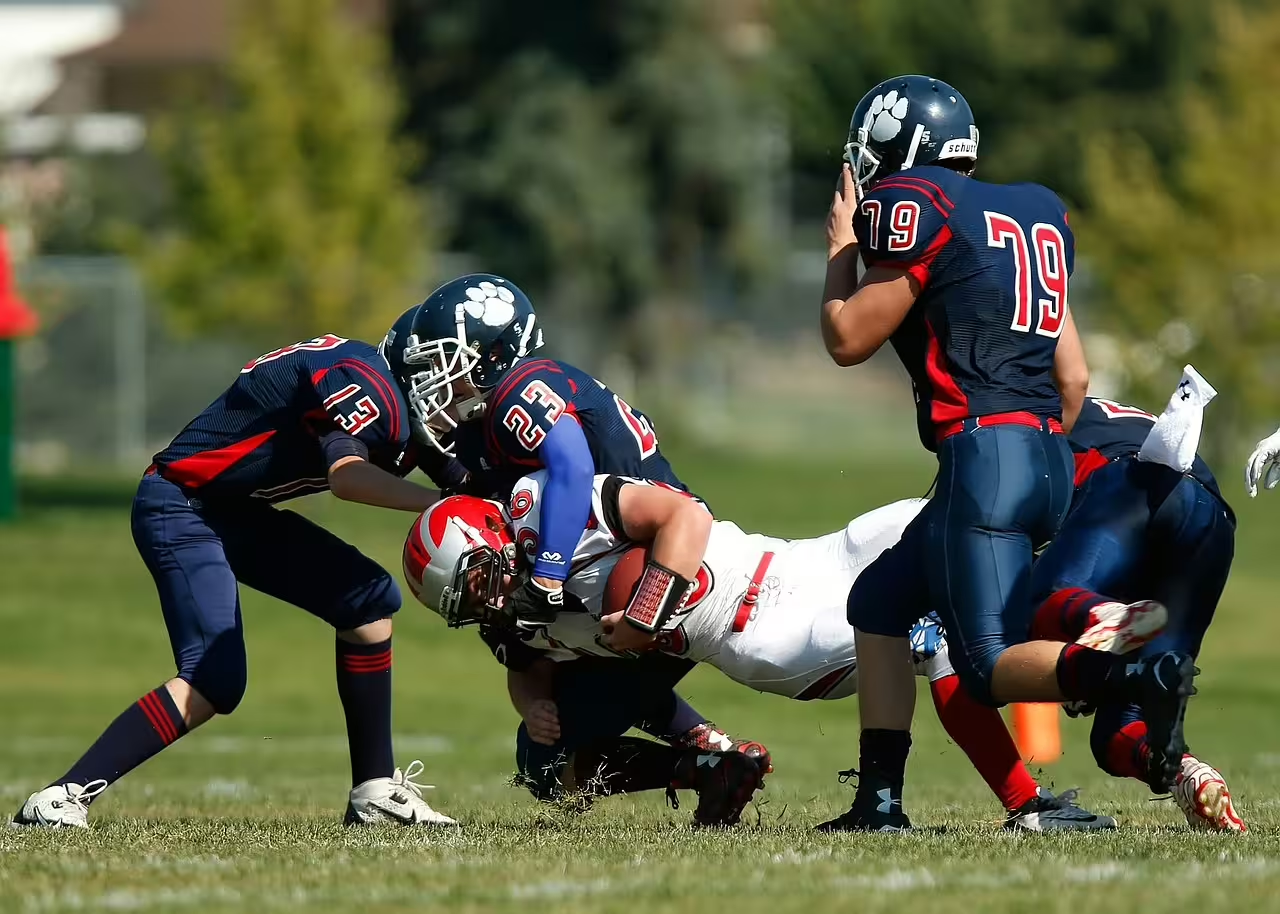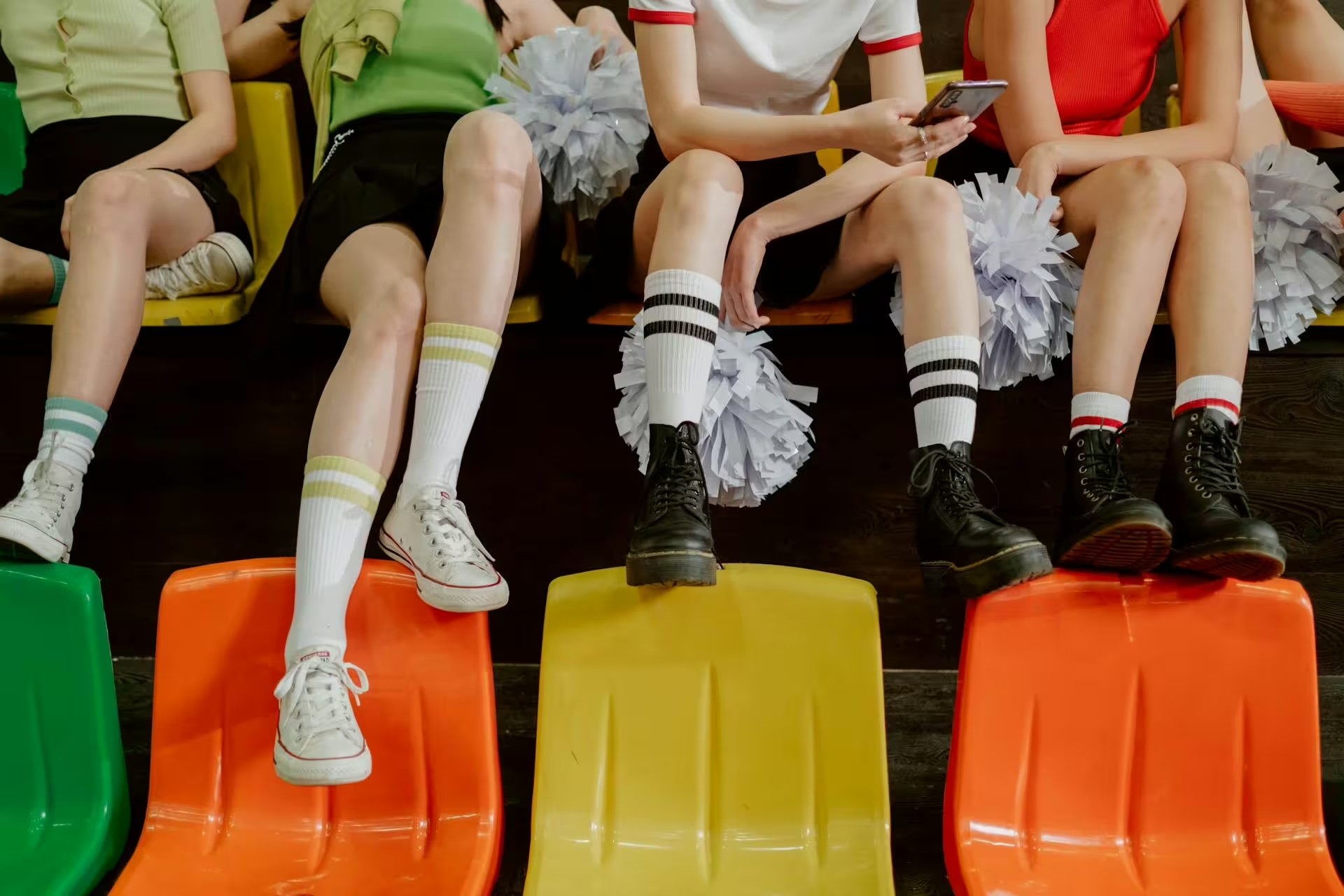We understand that youth sports offer children a host of new environments and opportunities for them to develop physically, mentally, and emotionally. Kids that participate in sports learn the value of teamwork, discipline, leadership, and resilience. Yet, as valuable as all of these facets might seem, the impact that sports may have on a child’s life extends far beyond the boundaries of the playing field. At the same time, the experiences they have while playing sports are not the only thing that impacts their love of that sport.
What many parent fail to comprehend is how important a part they play in shaping their child’s attitude toward sports. Without realizing it, parents influence their child’s enjoyment, confidence, and long-term engagement in physical activity. And while many parents are often their child’s most enthusiastic supporters, others can unintentionally contribute to a young athlete’s stress, frustration, or lack of confidence. This usually happens when parents fail to manage their involvement in a positive way and such an outcome can be avoided.
That is why, in this article, we will explore how parents can positively influence their child’s sports experience. We will offer parents helpful tips on how they can be more supportive, teach readers the importance of respecting coaches, and how they can foster a healthy environment. In the end, our aim is to ensure that all parents find the best ways to help their child grow both as an athlete and as an individual.
The Power of Parental Influence in Youth Sports
As children, we all look to our parents for emotional support. We seek them out for encouragement and guidance in every aspect of our lives, sports are no exception. Our parents’ attitudes toward the sport we played, the coaches that tutored us, and even the other players had a significant effect on how we felt about participating in those sports. The same is true for our own children, which is why we have to be so delicate about how we influence them.
Positive Influence on Performance and Enjoyment
Simply by the way they react to a child’s win or loss, parents can directly affect their child’s enjoyment of the game. This is also true of how they approach practices, as well as the energy that they choose to bring to games. All of this is part of a recipe that can either foster a healthy perspective on sports or ruin it for good. Positive reinforcement and encouragement will ultimately boost a child’s confidence and self-esteem, while overly critical or aggressive behavior will have the opposite effect. The result of such behavior could be everything from anxiety to frustration, or even total withdrawal from the sport.
Setting Expectations and Boundaries

One of the biggest concerns in all of this has to do with parents having realistic expectations for a child’s abilities. Being grounded with what we want our children to accomplish is of extreme importance to ensuring that their progress and experience is positive. Overly ambitious parents, those who cannot see past their own childhood ambitions or accomplishments, or even those who wish to see their kids exceed them, almost always push their child too hard. The consequences of such behavior will likely be burnout or even anxiety. However, there is another side to this coin. Parents who understand and respect their child’s developmental stage and keep their goals well within their grasp to achieve it, will help them succeed and progress more naturally.
Supporting Your Child in a Positive Way
Encourage the Love of the Game
One of the best things a parent can do is foster a love for sports and the best way to accomplish this is to make sure their child is having fun. At Cultured Athlete we want all children to see the fun and joy in sports. It should not matter what the outcome of each match is, all that matters is that they enjoy themselves. A love of the game will motivate a child so much more than the fear of failure. If they feel like they are having fun as they play, they are more likely to keep practicing and improving.
Parents should celebrate progress, hard work, and passion for the sport, rather than focusing purely on performance. A good way to do this is to simply praise your child’s effort to try something new in practice. maybe it’s a move they’ve been working on or a specific skill they’re developing, either way, explain that this type of action shows promise and progress.
Be Your Child’s Biggest Cheerleader
We’ve said it before and we will say it again, a parent should always be their child’s greatest cheerleader. Support your child by attending games and practices whenever you can. When you do, make sure that you’re there to cheer them on and not to place undue pressure on them. Simply being present at games will show your kid that you value their efforts and that you actually enjoy watching them play. The point in all of this is to ensure your child knows that no matter what happens on the field, your love and support are unconditional.
Keep in mind that your child’s team is also full of nervous, uncertain kids who need adulation. That is why it’s best to cheer for the team as a whole, not just your own kid. This will help each and every child understand that their effort and teamwork matter. Say things to your children that matter, such as, “I love watching the team work together today, and you did a great job supporting your teammates!”
Teach Them How to Handle Winning and Losing
It is never easy for children to learn how to handle both victory and defeat in equal measure. Learning to accept these things gracefully is another matter entirely. This in and of itself, is one of the most important lessons that sports can teach children. As one might expect, parents play a crucial role in modeling how their children should react to both.
After a win, try and have tour child focus on humility. Praise the teamwork during the game, as well as the effort and individual contributions, but don’t focus on the score. Losing is a little harder to manage, but even more important to a child’s mental and emotional state, Teach your kids that losing is just another part of the game; often an inevitable one. Encourage them to learn from setbacks rather than dwell on them, and to always strive to improve for the next game. Also, be sure to reassure them that their worth isn’t determined by the outcome of any single game or even a single season for that matter.
Foster a Growth Mindset
We have touched on the idea of a growth mindset before and it is an important tool for keeping kids in the game. A growth mindset is basically “practice makes perfect,” or the belief that abilities can be developed through dedication and hard work. Parents should encourage their children to see challenges as opportunities to grow, rather than obstacles or disappointments to be dwelled upon.
Instead of praising a child’s natural ability or skills, praise the effort they made and the improvement they have evinced during the game. Say something like, “I saw how much effort you put into practicing your dribbling this week. That’s what will make you a better player over time.”
Respecting the Coaches and Team Dynamics

Some parents think they know better than everyone else, especially when it comes to sports. This is often the result of a previous sports career of their own or a legacy of sport they are avidly determined to foist upon their own kids, but whatever the reason, this supposed expertise is misplaced. Parents should respect the role of their child’s coach, as well as the education and expertise that coach possesses. They should endeavor to work together with coaches and assistant coaches to provide a positive environment for their child. We’re not saying that every coach knows more than every parent, but we must respect that they are indeed experts in their chosen field. These people are more than capable of guiding our children through the technical and strategic aspects of their chosen sport. Moreover, good or bad, a coach’s influence extends far beyond the field.
Trust the Coach’s Expertise
Some parents’ instincts might be to offer unsolicited advice during or after the game. However, well meaning this advice might be, this type of behavior can undermine a coach’s authority and confuse both your child and the rest of the team. All a parent needs to do is trust the coach’s judgment and allow them to lead the team. This means having a respectful attitude toward the coach. Such behavior fosters a sense of unity and demonstrates the importance of teamwork both on and off the field.
A parent’s best bet is to avoid second-guessing the coach in front of their child. If they do have concerns, they should discuss them privately with the coach after the practice or game. Also, if your kid isn’t listening to their coach, support them by reinforcing the coach’s instructions.
Encourage Teamwork and Sportsmanship
Sports provide an excellent platform for kids to learn the value of teamwork, cooperation, and sportsmanship. These values are important in sports and in later in life, so parents should emphasize their importance above all else. A good way to do this is to encourage your child to support their teammates, whether they win or lose. Remind kids that by working together will only make them stronger.
Creating a Healthy Environment for Growth
Promote Balance
While sports are important, we as parents know that they should never overshadow other aspects of a child’s life. The best parents will encourage a balance between school, family time, hobbies, and youth sports. It will be difficult to ensure this happens in equal measure, especially as a child grows and those schedules become even harder to maintain. Still, it is not impossible, it just takes work. Moreover, over-scheduling or putting too much pressure on a child can lead to burnout and diminish their enjoyment of the sport.
Encourage Healthy Habits
Parents should always try to foster healthy habits outside of just engaging in physical activity. Athletic growth is one thing, but encouraging good nutrition, hygiene, hydration, rest, and mental wellness are all of vital importance to a growing child. The better they feel, the more equipped they will be to tackle any challenges they face on the playing field.
Parents should avoid pushing their child to play through injuries or fatigue. Remember that rest, physical and mental, is just as important as practice when it comes to being at peak performance. More importantly, it’s essential to keep a child healthy.
Be Mindful of Your Words and Actions

Parents say a lot of things, often without meaning to. When it comes to our kids, we must all be more aware of the language we use. This is especially true when we are discussing sports. Negative comments about the coach, teammates, or opponents can create a toxic mindset or environment for our kid. Instead of negativity, parents should focus on the positive aspects of the game, emphasizing the fun, camaraderie, and lessons learned.
Cultured Athlete Says…
As you can see, the role of parents in youth sports extends far beyond sitting on the sidelines or driving them to practice. Parents have a great weight of influence on their children. They can positively influence their sports experience and help instill lifelong lessons in teamwork, effort, resilience, and sportsmanship, or they can ruin it all by affecting negativity, anxiety, and over-ambitious goals.
However, it is easy enough for parents to foster a supportive environment, respect the coach’s authority, and encourage a healthy balance between sports and other activities. By taking these factors into account, parents can create a space where their child feels motivated to grow, have fun, and enjoy the journey. So the next time you decide whether or not to sit down and watch your kid at practice, reconsider, your presence always means more than you realize.
Discover more from CulturedAthlete
Subscribe to get the latest posts sent to your email.






